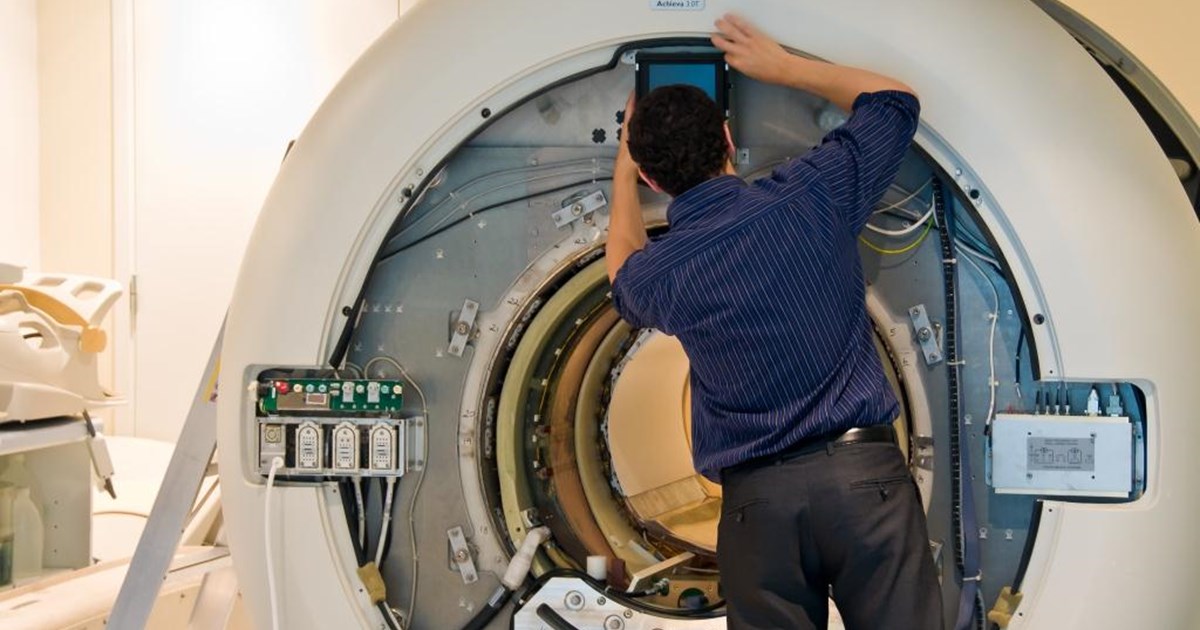
As a clinical engineer, you’d use physical and materials sciences, as well as manufacturing and computational skills, to improve disease diagnosis, treatment, and patient rehabilitation. You might oversee the whole technology lifetime, create and design instruments or conduct research.
Clinical engineers oversee medical equipment design, development, maintenance, and administration. They are also necessary for research and development.
You may work in a large hospital department that deals with medical physics and engineering activities, assisting all clinical units. You might also work at a rehabilitation centre as part of a scientific team, including doctors, nurses, and therapists. Most clinical engineers educate within their department and may also lecture at a university. Some are based at universities and are more concerned with biomedical engineering and research.
Responsibilities
Throughout your apprenticeship, you may help:
- test equipment, like walking aids, wheelchairs and speech synthesizers (known as assistive technologies)
- develop artificial limbs that attach to the patient’s own tissue
- make artificial joints, heart valves and hearing implants from new materials
- design equipment that allows doctors to try new medical techniques, like optical instruments for keyhole surgery
- manage medical equipment, like scanners, imaging machines and monitoring systems
- carry out quality assurance checks to ensure all equipment is working correctly and safely
- work closely with other medical professionals and technical staff.
Salary
- Starting salaries for an apprentice is £24,907 per year.
- Experienced clinical engineers can earn up to £44,503 per year.
Working hours
You will typically work 38 to 40 hours per week, working evenings and weekends on rota.
Working environment
You could work in an NHS or private hospital, in a laboratory, at a research facility or in a workshop.
Qualifications
Qualifications you can achieve as an apprentice clinical engineer include:
- Level 6 Healthcare Science Practitioner – Entry requirements for this level include 4 or 5 GCSEs at grades 9 to 4 (A* to C) and A levels, or equivalent, for a degree apprenticeship. This qualification will take 36 months to complete.
Skills
On a clinical engineer apprenticeship, you’ll learn:
- knowledge of engineering science and technology
- maths knowledge
- knowledge of computer operating systems, hardware and software
- design skills and knowledge
- knowledge of biology
- knowledge of physics
- the ability to read English
- excellent verbal communication skills
- to be able to use a computer and the main software packages competently.
Career path and progression
With more training and experience, you may become a consultant specialising in specific therapeutic areas or work in people or project management, education, or medical research.
There are opportunities in both the governmental and private sectors.
